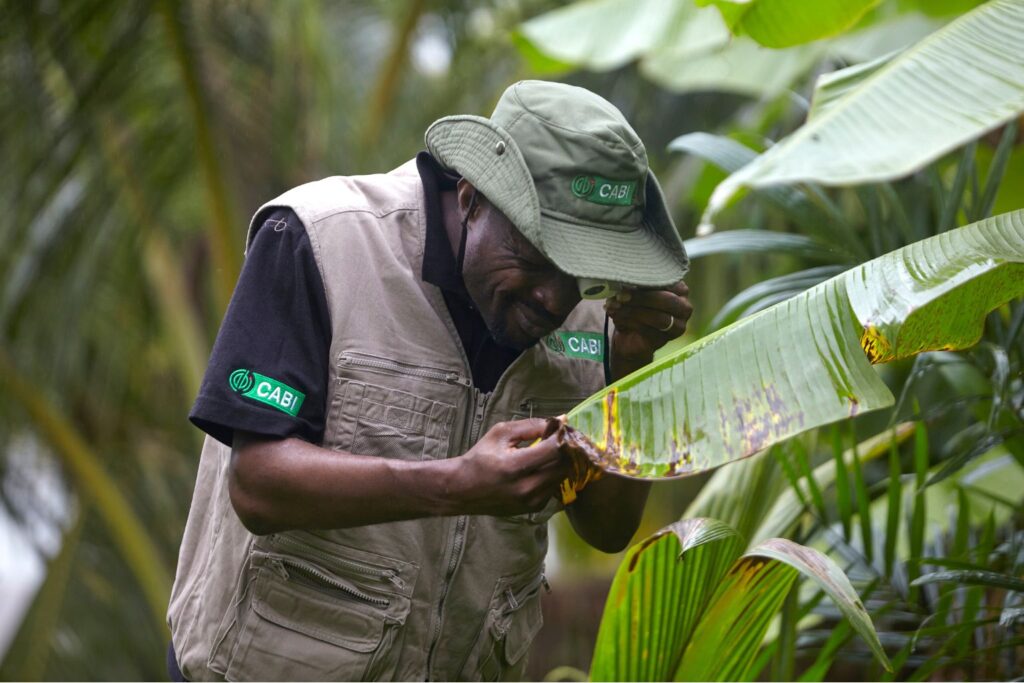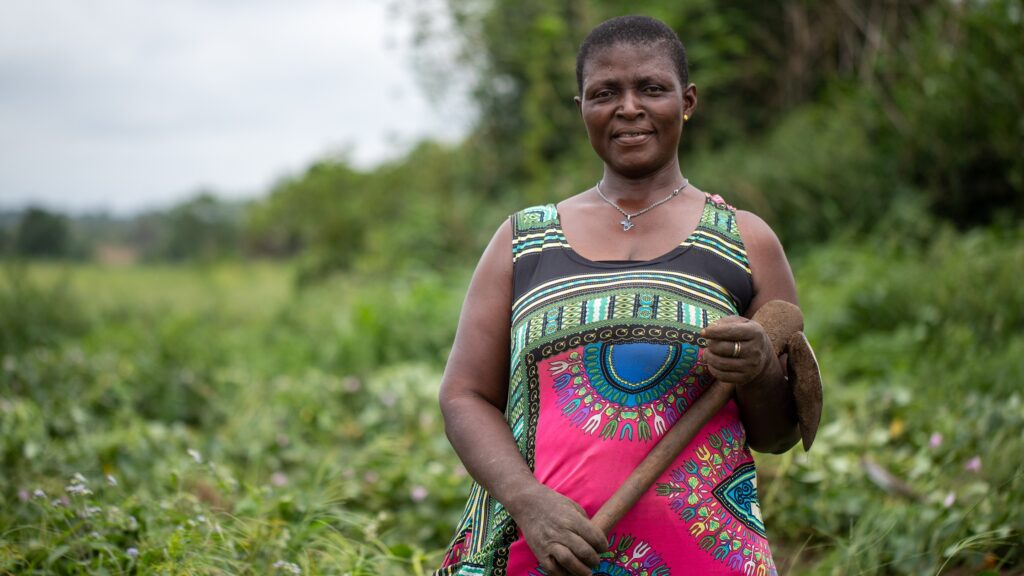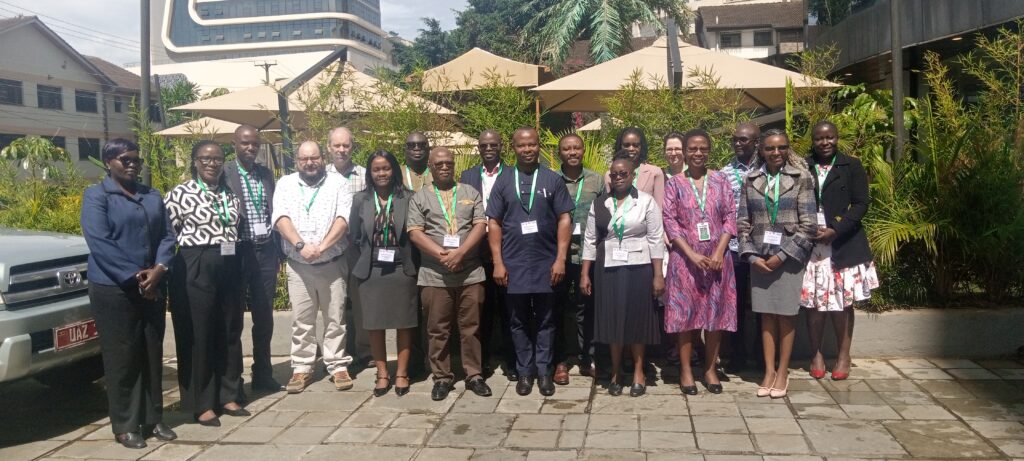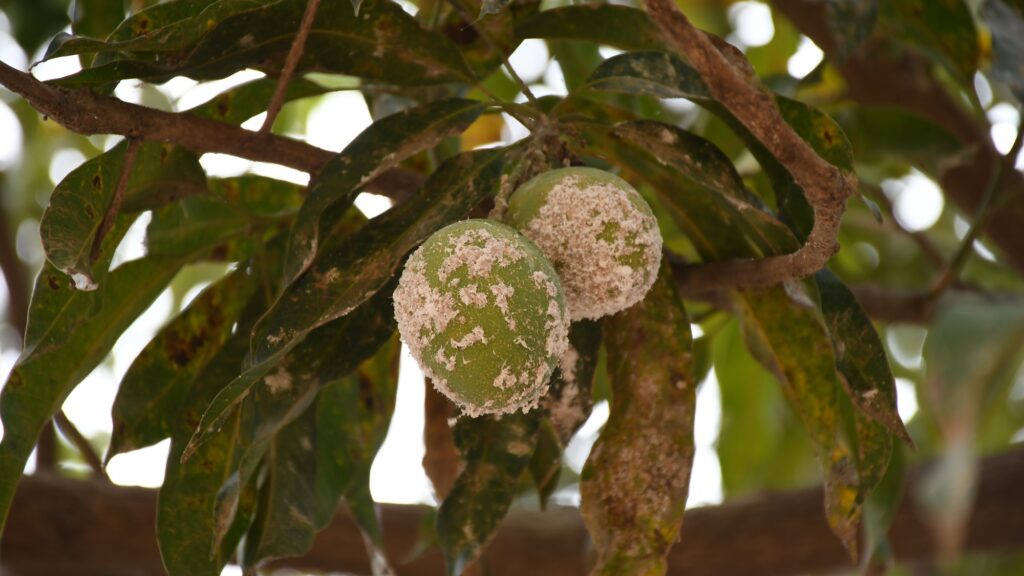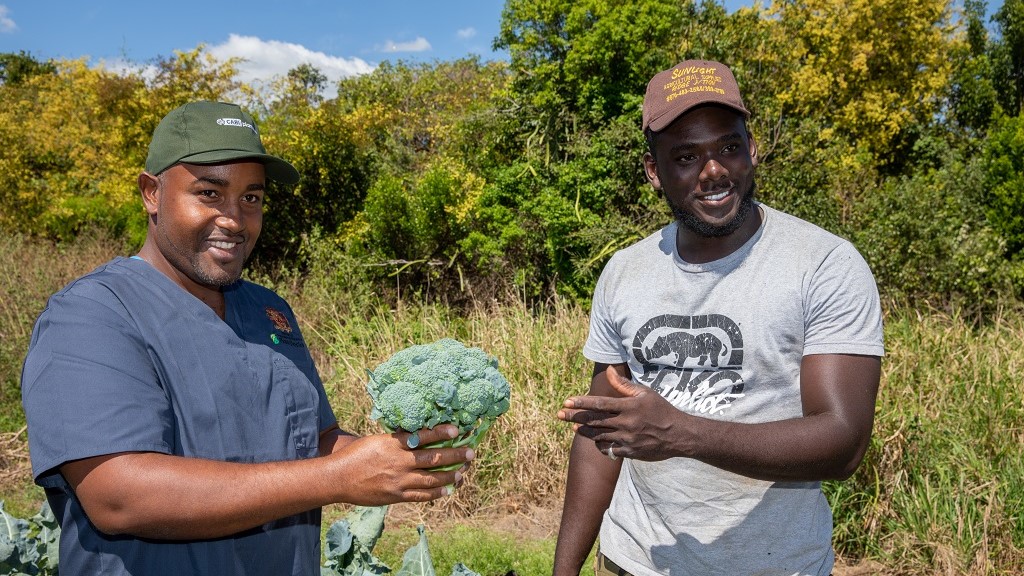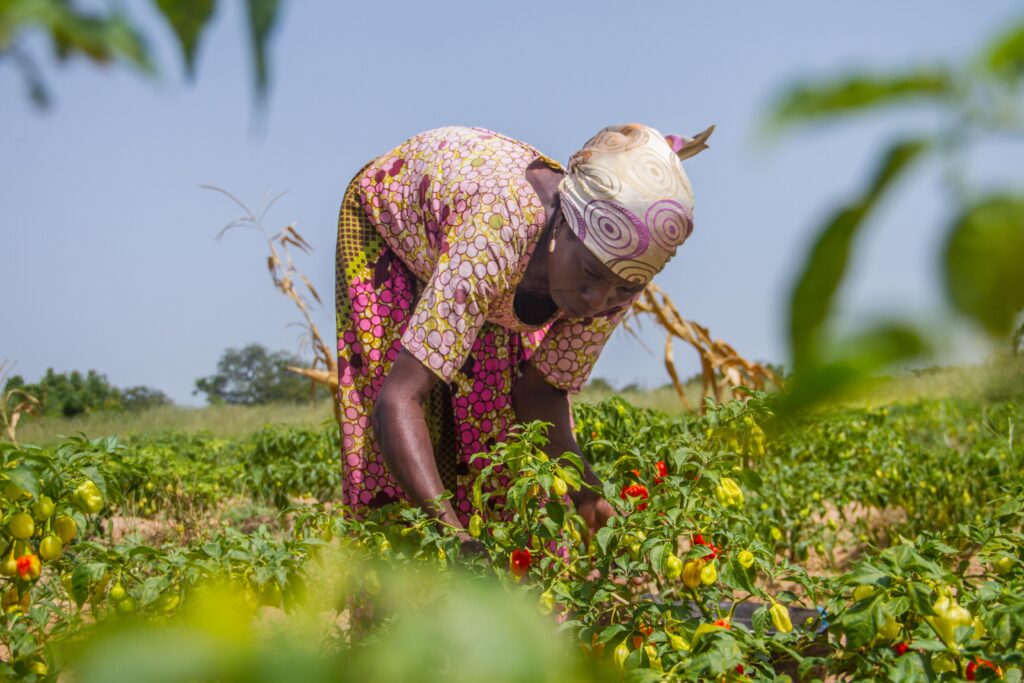Women farmers in Ghana empowered by radio campaign
Women farmers in Ghana face significant barriers to accessing agricultural extension services. Many women in low- and middle-income countries face similar challenges. The services are often designed for men and give them an advantage when it comes to farming productivity. Conversely, with a lack of access to extension services, women farmers on average produce 20-30%…
How do pest risk registers address the spread of plant pests in Africa?
Pest risk registers can help to solve problems in agriculture, addressing the growing global threat of plant pests. Moreover, changing weather patterns, led by rising temperatures, are causing them to reproduce faster and expand into new regions. In addition, global trade and increased movement of people are accelerating the spread of pests across borders. These…
Understanding mango mealybug – a significant crop pest
The mango mealybug (Rastrococus invadens) is an invasive pest outside its native home in Southeast Asia. It threatens mango crops, particularly affecting smallholder farmers. This scale insect pest lowers mango yields and quality, and because it’s a quarantine pest, it can also impact trade.
Empowering women farmers in Ghana: Introducing the gender handbook for extension agents
At 42%, women form a large and important part of the global agricultural work force. In Ghana, this figure is even higher. Here, women make up 52% of the labour force and produce 70% of food crops. However, gender norms and stereotypes often prevent them from fully participating in decision-making on family farms. This impacts…
Bridging the gender digital divide in Ghana
The gender digital divide is impacting women’s access and use of digital agricultural tools. In recent years, there has been significant growth in digital technologies aimed at farmers and farmer advisors. These technologies offer opportunities for growth and development by boosting the reach of agricultural knowledge, services, and support. However, as with face-to-face agricultural advisory…
CABI shares important new evidence on the legacy of Plantwise
CABI has published a working paper assessing the legacy of Plantwise programmes in six countries: Nepal, Pakistan, Ghana, Kenya, Malawi, and Jamaica. The paper, entitled Plantwise Sustainability: Two Years on, finds that the sustainability of a Plantwise programme hinges heavily on the country in question. This means that while it is difficult to engineer or…
New study highlights positive impact of PlantwisePlus in Ghana on gender-inclusive agricultural extension services
A new study brief shares key findings on gender-inclusive agricultural extension services in Ghana by PlantwisePlus.

